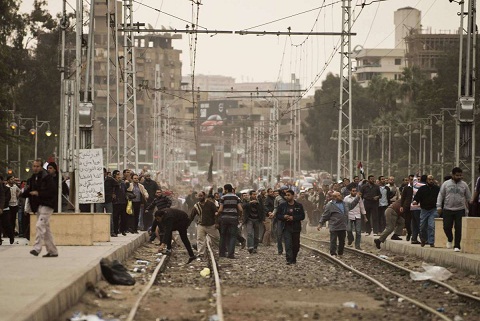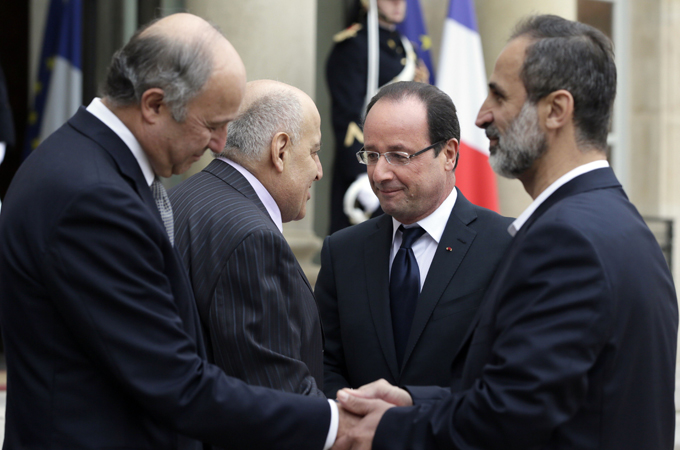The three-year-old boy the world has come to know as Aylan Kurdi is now buried with his older brother and mother in his hometown of Kobani in Syria. It’s hard to imagine a tragedy so profound and so heart wrenching as the sight of his lifeless body lying face down on a beach in Turkey, the endpoint of whatever young dreams or aspirations he carried with him to his last desperate moments.
Aylan is now arguably the most famous refugee to come out of an intractable conflict in Syria, which has raged on for the better part of four and a half years. The United Nations High Commission for Refugees (UNHCR) estimates that since the beginning of the conflict, more than 3.9 million people have been displaced from their homes with most seeking shelter in the neighbouring countries of Turkey, Lebanon, Jordan, Iraq and Egypt.
This forced emigration is now being categorised as the worst humanitarian crisis since World War II, and it is a crisis that will only grow worse as there seems to be no end in sight to the fighting in Syria.
As conditions in refugee camps continue to deteriorate due to overcrowding and the lack of some of the most basic of human necessities, it is important to remember that the vast majority of those who seek shelter in these camps are women and children. Children like Aylan. Children whose earliest memories will always be hunger, thirst, the thunder of shells and the whistling of bullets flying overhead. Starting life on the run is hardly an auspicious welcome to this world.
So while the world cringes in that collective shame and unspoken guilt at its failure to protect the most vulnerable amongst us, it is also important to remember that such feelings rarely last. Aylan’s story is tragic but sadly not unique. Thousands like him have met similar and perhaps even more horrifying ends.
In so many ways, he is perhaps one of the luckier ones, for he made it this far and his name, face and sad story are now immortalised in Internet search engines. He has become an icon of what most of us in the human community always prefer to look at from a distance: as an object of immense pity that serves to shake us into brief outbursts of shuddering unity. And then we move on until the next Aylan comes along.
Therein lies the real tragedy of Aylan’s brief life story. It should not take four years, and the picture of one dead child, for the world to wake up to the fact that a quarter of a million other lives have been lost in this same conflict. That some of the dead were gassed and perished in unimaginable agony is a detail lost to many who are now expressing their outrage. And many more will die in the coming days, months and maybe years. That is almost a certainty at this point.
That is a brutal assessment but it is not hard to suspect that some of those who have the power and ability to intervene in Syria may be waiting for the civil war to fizzle out on its own. After all, no country embroiled in such massive bloodletting can sustain that level of self-harm for too long. These things, we are sometimes led to believe, have a habit of taking care of themselves.
This is the kind of negative optimism that allows us to watch from the sidelines in fascinated horror as the body count continues to grow. Our sense of defensive denial continually tells us that the situation is bad but somehow manageable. This wait-and-see attitude is why a grieving father – one of many with similar stories – had to go back to a land he had fled from, not because peace had broken out, but because he had to bury two sons and a wife who died while he was trying to save their lives.
Duke Omara is an American journalist and graduate student in international relations at The American University in Cairo




